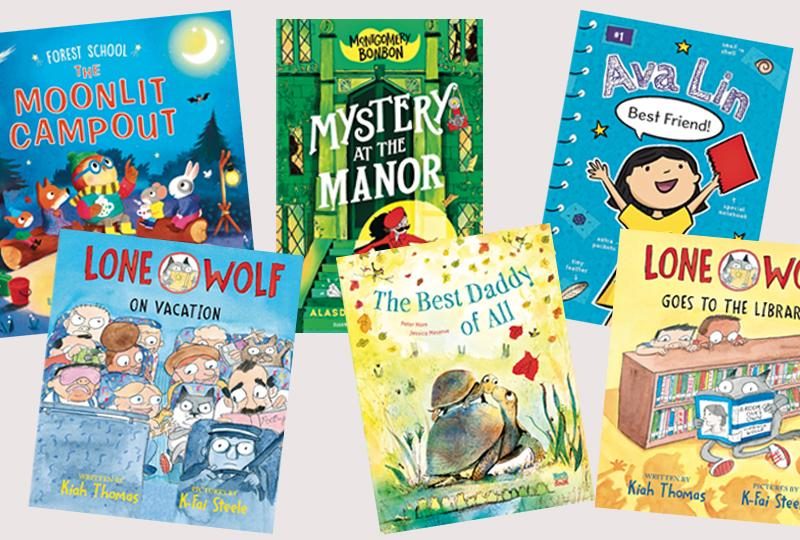Montessori education is unique
It is only a few years ago that Montessori education celebrated its 100th anniversary. The first Casa Dei Bambini, under the direction of Maria Montessori (1870-1952) opened in the San Lorenzo district of Rome on January 6, 1907. The success of this first experiment in scientific pedagogy inspired educators and visionaries worldwide.
Montessori became synonymous with a social movement that placed children at the centre of society and assisted them in becoming transformative elements leading to a harmonious and peaceful humanity.
Maria Montessori’s monumental work on behalf of the child began as the culmination of her experiences. She was Italy’s first female doctor. The year she graduated she represented Italy in the Women’s International Congress in Berlin. She served as a surgical assistant in Santo Spirito, worked at the Children’s Hospital, and held a private practice.
Dr. Montessori’s hospital experiences provided her an opportunity to work with under-privileged as well as mentally and physically handicapped children furthering her work as a scholar and advocate. She joined the Royal University of Rome lecturing in anthropology and psychology.
In 1903, she published “Antropologia Pedogogica.” The importance of pedagogy propelled her into an analysis of the great theorists (Itard, Seguin) of the time. Thus the stage for the Montessori Method as a humanitarian approach to education was set.
The San Lorenzo project, the first Casa Dei Bambini, was born of necessity. San Lorenzo was a renowned slum area, full of worn tenement buildings. The town’s bankers, determined to renovate and beautify the tenement buildings, were overwhelmed by the destructive preschoolers who lived there.
The developers approached Maria Montessori, now a 36-year-old talented scientist and academic, to help with the regeneration project by taking charge of the preschoolers.
Montessori received a room but no money for food or equipment. Yet she approached the classroom as a laboratory, observations were made of children freely choosing to work. Montessori soon discovered “The Secrets of Childhood.”
Children enjoyed challenging work, perfected independence and gained pride in their accomplishments. The children’s behaviour changed. Montessori began to see that even young children were enthusiastic learners who prospered with less adult interference. The three, four and five year old children became well-behaved, self-sufficient, and academically and socially competent individuals. Visitors struck by the calm orderly atmosphere, quickly spread the news of this project.
Dr. Montessori began the first Montessori training course in 1909. Primarily Italians took the course until 1912 when the English version of “The Montessori Method” was published. In 1913, 80 students from all over the world attended the first international course in Rome. In 1919, the first course in England was offered. There were over 2000 applicants for 250 positions in the course. The response was overwhelming. Teacher training became imperative for meeting the demands for Montessori worldwide.
The Toronto Montessori Schools (TMS) has been in existence for almost 50 years. Mrs. Helma Trass, a Dutch immigrant and Montessori child, began the school in the basement of a synagogue in Don Mills, Ontario. The current property purchased in 1961, became the beacon for Montessori education in North America.
Mrs. Trass expanded the Montessori program and the school grew and prospered. Helma Trass, like Maria Montessori, discovered the necessity of training new teachers and soon thereafter Toronto Montessori Institute (TMI) was inaugurated.
TMS is one of the largest Montessori school in North America. It is fully accredited and boasts membership in numerous academic organizations, including CCMA, CESI, CIS and CAIS. TMS serves the needs of students from Toddler to Adolescents.
For students beyond grade 6, our TMS College (grades 7 to 12) is located at our state-of the-art Elgin Mills Campus and is an internationally recognized IB World School. Another integral component of TMS is the Toronto Montessori Institute, our lab-school which provides teacher training programs for the following certification course levels; Infant and Toddler, Early Childhood (2 _ through 6 years) and Elementary I-II (6 through 12 years). These courses are internationally recognized and accredited by the Montessori Accreditation Council for Teacher Education (MACTE) Commission and CCMA.
Visit our websites and come in for a tour at our Bayview Campus to view our internationally recognized flagship school or visit our internationally recognized IB World School for grades 7 to 12 (no prior Montessori experience is required).
www.torontomontesori.ca; www.tmi.edu; www.discoveryday.ca
Ann Bianco-Harvey is director of marketing and communications for Toronto Montessori Schools.







